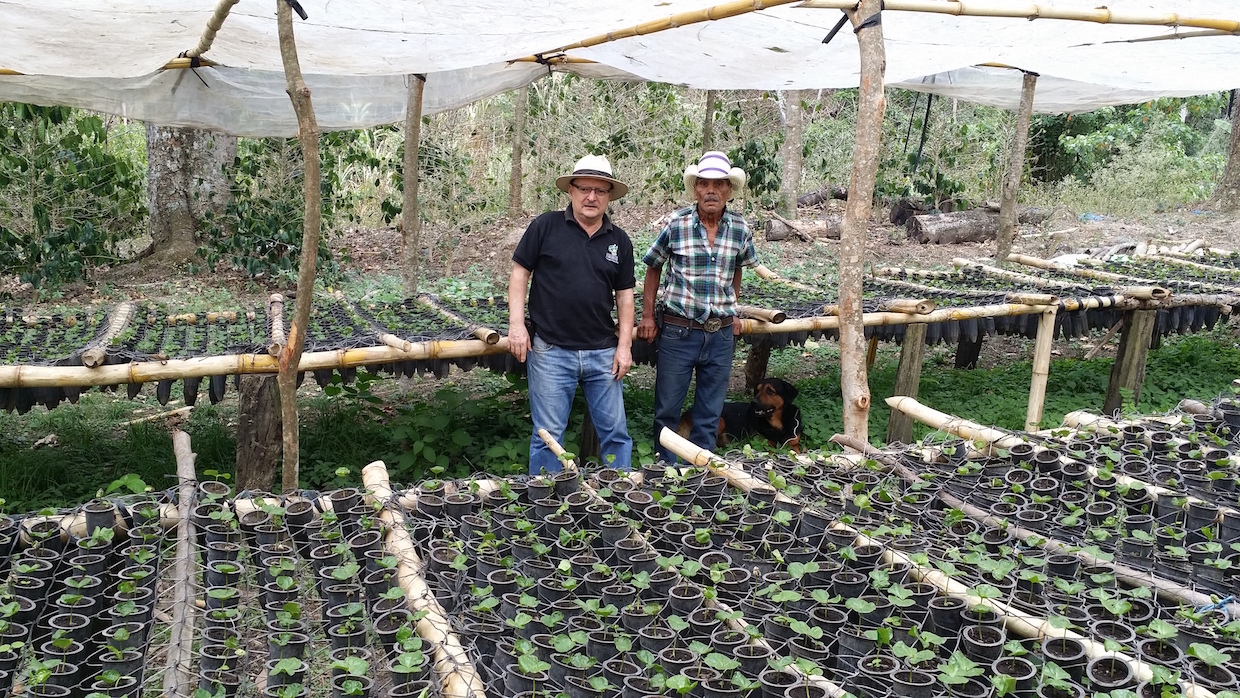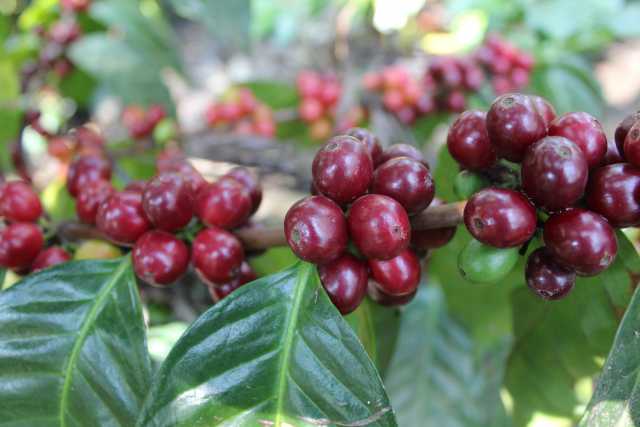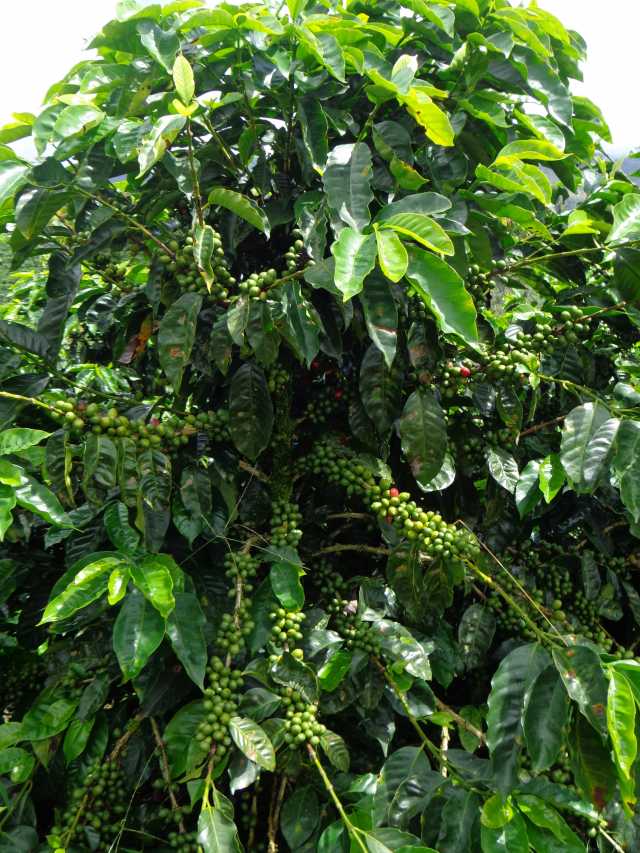A new leaf-rust-resistant hybrid called Centroamericano scored 90.5 in the recent 2017 Nicaragua Cup of Excellence, marking a major win for the development of hybrid types called F1 in coffee.
The coffee won a CoE Presidential Award and took second place in the national coffee quality competition, organized by the Alliance for Coffee Excellence. This marks the first time an F1 hybrid has placed in a Cup of Excellence competition, and World Coffee Research CEO Tim Schilling characterized its success at the highly respected national quality competition as a “huge leap into the future” for coffee.
“We couldn’t be more thrilled about this,” Schilling said in a joint announcement with the Alliance for Coffee Excellence yesterday. “It validates our instinct that F1 hybrids are absolutely essential for the future of coffee. F1 hybrids can combine traits that matter most to farmers — higher yields and disease resistance — with the trait that matters most to consumers: taste. That has always been a tradeoff in the past. Coffee just took a huge leap into the future.”

Gonzalo Adán Castillo Moreno (left) at Finca Las Promesas de San Blas in Nueva Segovia, Nicaragua. Alliance for Coffee Excellence photo.
The Centroamericano was grown at Gonzalo Adán Castillo Moreno’s Finca Las Promesas de San Blas in the Northern region of Neuva Segovia, near Honduras Border. The farm, which also includes a meteorological station, has produced CoE finalist coffees in years past, yet the 2017 Centroamericano represents the highest-scoring coffee produced by the farm so far.
An F1 hybrid is the crossing of genetically distant arabica plants and using the first-generation offspring. WCR, which is currently experimenting with 46 F1 hybrids at a test farm in El Salvador, says F1s have revolutionized the maize and corn industries, yet the selective breeding method is relatively new to coffee.
Centroamericano was made commercially available to farmers in Central America in 2010 after it was developed by the French research institute Cirad and the Central American regional coffee institute network Promecafe. In addition to its resistance to leaf rust, it has demonstrated production increases of 22 to 47 percent over the standard varieties in the region.
“This combination of exceptionally high cup quality with agronomic traits that reduce risk for farmers — especially coffee leaf rust resistance, high yields, and overall vigor — has been elusive in the past,” World Coffee Research said of Centroamericano’s CoE quality performance. “While the agronomic performance of Centroamericano had been demonstrated in numerous field trials, until now the quality potential of F1 hybrids had not been validated by a respected coffee industry institution like the Cup of Excellence.”
Twenty-four 30-kilo boxes of the Finca Las Promesas de San Blas Centroamericano will be sold during the CoE 2017 Nicaragua auction, taking place Thursday, June 1. Additionally, a cupping of winning Nicaraguan coffees will be held at the ACE Lab in Portland, Ore., on Wednesday, May 31, from 11 a.m. to noon.
For the record, the winning coffee for the 2017 Nicaragua CoE competition came from Ignacio Estrada Burgo’s Finca El Esfuerzo in Jinotega. The international jury scored that coffee at 91.16.
Nick Brown
Nick Brown is the editor of Daily Coffee News by Roast Magazine.








Comment